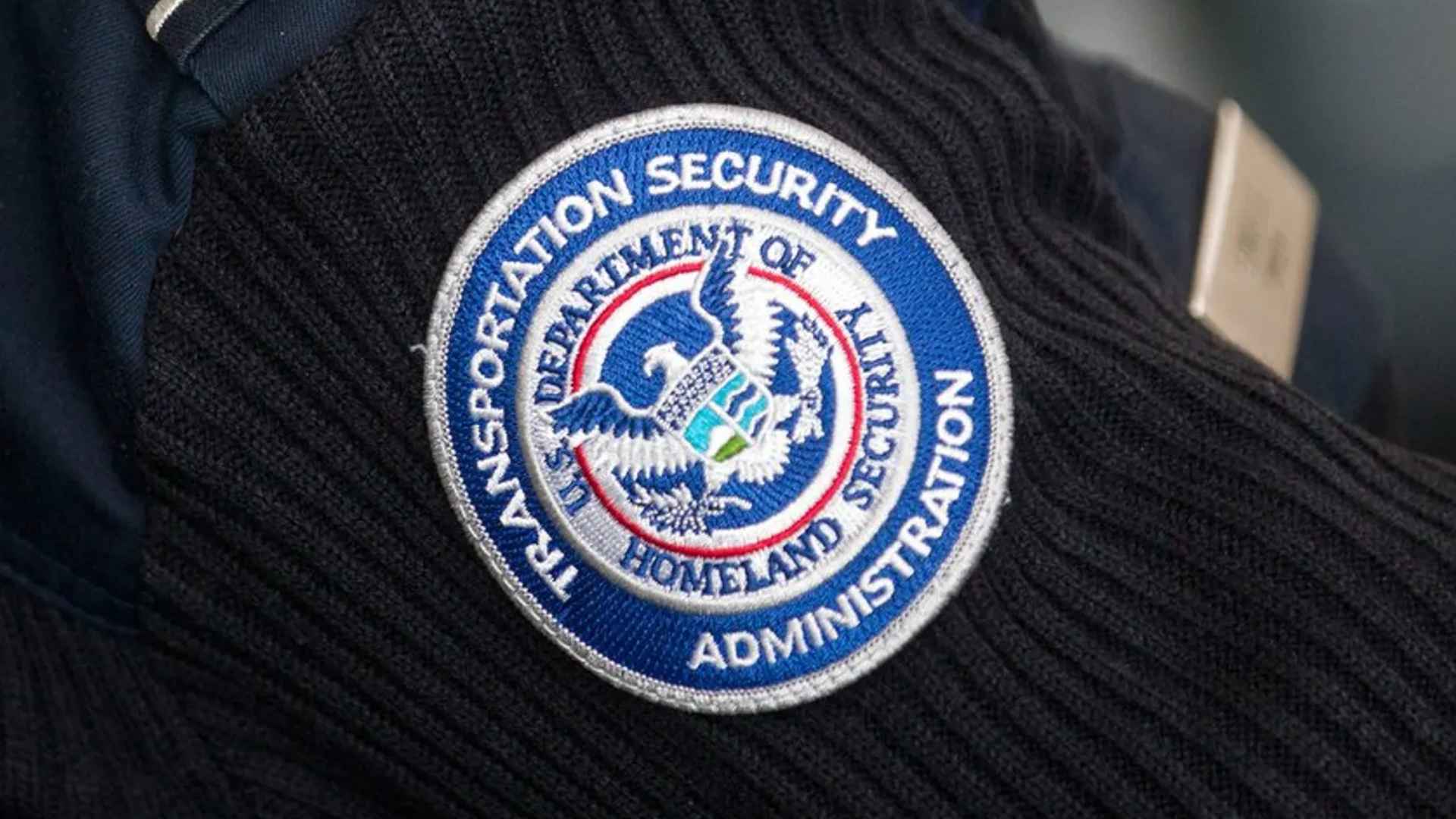Penalties apply to U.S. citizens and foreign passengers who obstruct screening at restricted checkpoints. The rules target non-physical interference and, in severe cases, assaults on personnel.
Travelers passing through U.S. airports can face civil fines of up to $12,900 if they impede baggage screening. The policy supports a zero-tolerance approach to behavior that delays or compromises security. Routine procedures for regular passengers, crew, people with special needs, and TSA PreCheck remain unchanged; however, anyone who ignores instructions may be penalized.
Actions that can trigger a TSA fine up to $12,900 during screening
Non-physical interference covers conduct that disrupts screening without physical contact. Wondering what behavior crosses the line?
Examples of violations
- Refusing the required posture during a pat-down or body scan.
- Taking photos or videos in screening areas when it impedes officers.
- Refusing inspection of laptops, tablets, phones, or other electronics.
- Obstructing the movement of other passengers at security lanes.
Each case is evaluated individually under TSA civil enforcement guidelines.
TSA civil enforcement penalty ranges for interference and assault at checkpoints
Penalty ranges are set in official civil enforcement materials and updated periodically. Amounts vary by the severity of the conduct.
| Violation category | Civil fine range |
|---|---|
| Non-physical interference with screening | $2,570 – $12,900 |
| Assault on TSA personnel without injury | Up to $12,900 |
| Assault on TSA personnel with injury | $12,900 – $17,062 |
These ranges apply to both domestic and international passengers and may be adjusted under federal criteria.
Practical tips to avoid penalties and keep airport screening lines moving
TSA advises strict cooperation at checkpoints to maintain safety and flow. Not sure whether filming is allowed where you’re standing? If it slows or blocks officers, don’t do it.
How to stay compliant
- Follow officer instructions promptly and ask brief questions if unclear.
- Prepare electronics in advance and remove them when directed.
- Pack carry-ons so inspection items are easy to access.
- Avoid using cameras or phones in restricted screening areas.
- Allow extra time so compliance doesn’t feel rushed.
Quick cooperation speeds inspections and reduces delays for everyone.
What this means for travelers today and simple next steps to follow
The policy has been in place for more than a decade and reinforced through updated penalty tables. Fines are formally notified to the traveler, and serious incidents can lead to additional legal proceedings with other federal authorities. Plan ahead, prepare your devices, and follow instructions—simple steps that keep you on schedule and out of costly trouble.

